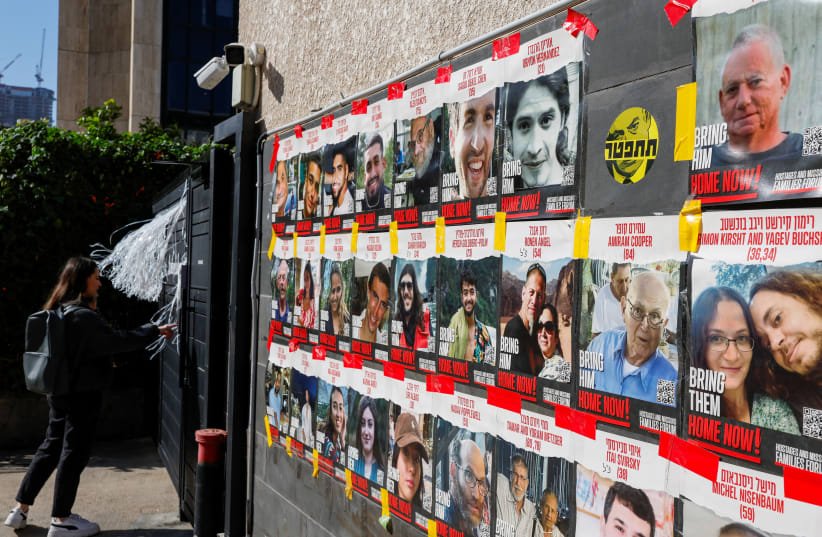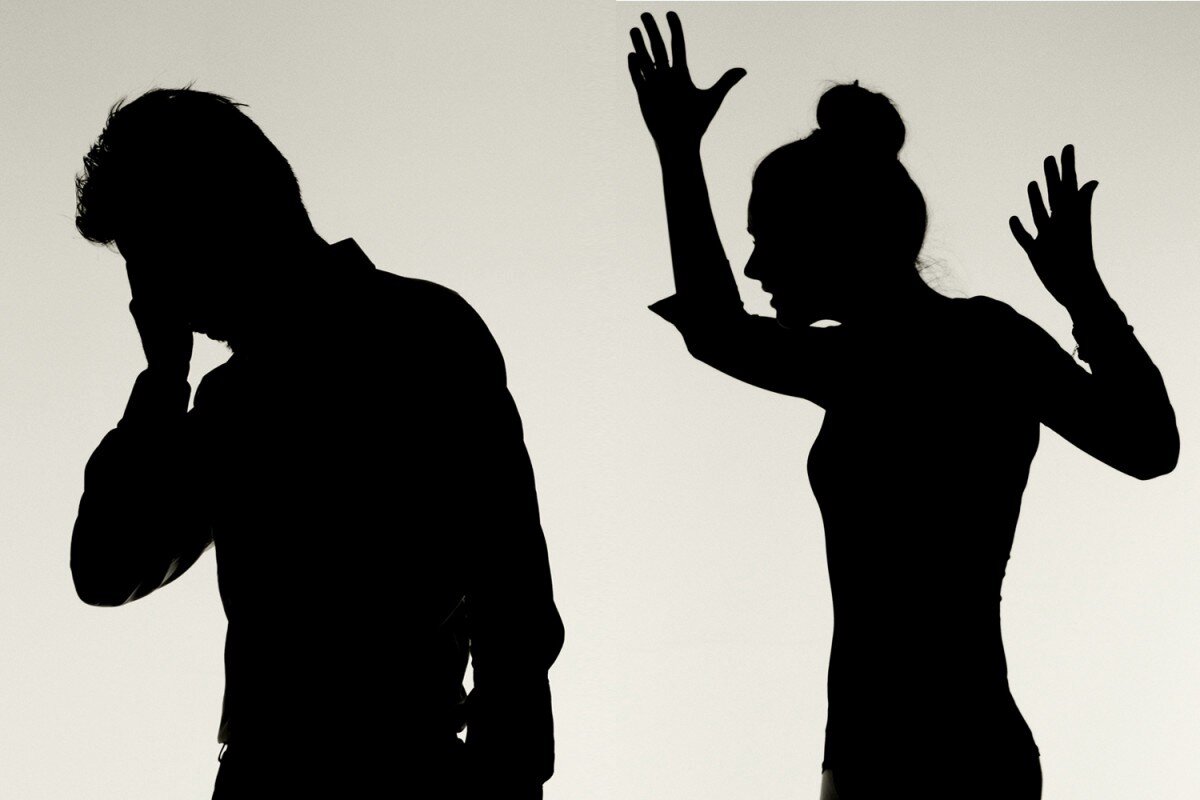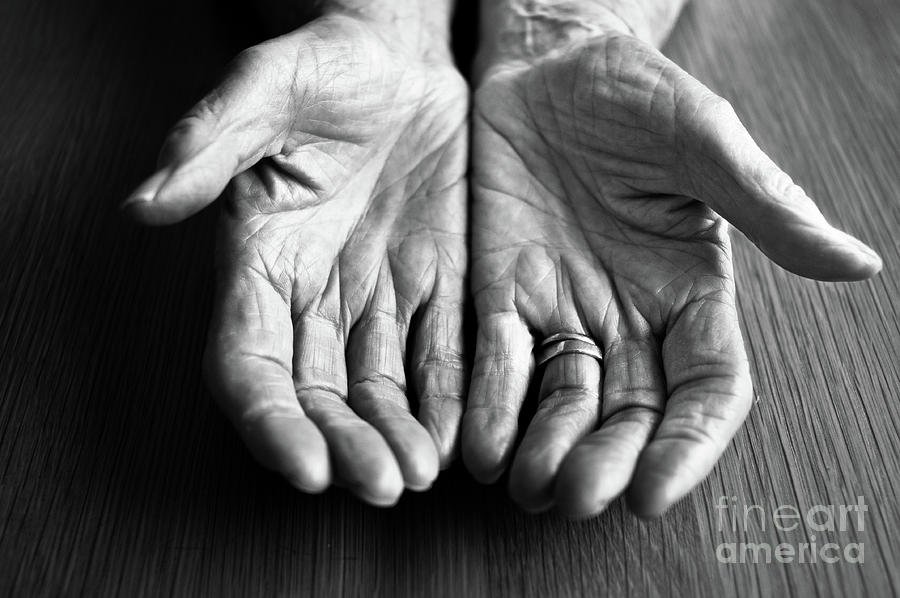October 7 - One Year Later - Rosh Hashanah 5785

Last night, I spoke about the famous two-thousand-year-old debate between Rabbis Ammi and Assi about what to do in times of great anxiety and trepidation (Talmud, Sanhedrin 100b). Should we follow Rav Assi’s approach and distract ourselves or heed Rav Ammi’s advice and talk about it, confronting our troubles head on?
As I spoke about last night, our tradition sides with Rav Ammi. We have to talk about the challenges we face, to name them aloud, in order to move through and maybe past them.
And this year has truly been a challenging one.
I’ve been your Rabbi now for a little over six years. We’ve been through a pandemic, a fire-bombing, the Tree of Life shooting, but nothing feels as overwhelming and unsettling as the cacophony of competing emotions that emerged in our post October 7th world.
One of my jobs as a Rabbis is to name the emotions we are all feeling. That was easy throughout our previous crisis. We, as a community, were generally unified. Not so, in this climate.
Week after week, I meet with congregants whose emotions are all over the map. In fact, if I’m going to be honest, the greatest tensions usually aren’t between congregants but within each individual. People can’t even figure out how to name their own feelings, let alone analyze where those feelings sit next to their neighbor’s.
So rather than tell you what to think, I’m going to do the better thing. I had a mentor teach me that the job of a Rabbis is less to make people feel better, than to help a person tell their own story and then walk with them a little in their pain. And over the next twenty or so minutes I’m going to try to do just that by naming and then unpacked five emotions that I think have emerged in our post October 7th world.
Very few of you will be feeling all five but I’m sure all of you are feeling at least one. And at the very least, hearing them all may help you become more empathetic and present to those that might feel differently than you.
The first of these emotions is heartbroken. One of the challenging things about Judaism is that, like it or not, Jews feel connected to one another. When we meet another Jewish person, it’s like meeting a second or third cousin we never knew. That means that whether we knew those killed on October 7th personally, we are mourners too. Whether we know any of the hostages, we are like family, who communally pace the room waiting on word of their whereabouts. And we too wrung our hands on Tuesday when those missiles rained down on Central Israel.
This past year, the whole Jewish world has been in mourning. And just like I tell families who lose a loved one that it takes time to heal, with steps forward and backward, so too do we as a community deserve that space to be broken. We are finishing up the period in our tradition known as shana, the full year after losing a loved one where you aren’t expected to be okay. None of us should be expected to have bound our wounds by now.
And to make things worse we don’t have closure. The hostages are still not free. Our brethren in Israel are fighting a war on multiple fronts. The specter of an all-out war with Iran looms large. The Jewish people are less akin to the person who loses a loved one, buries them, and starts the hard process of healing and more like the person who can’t find closure because a protracted court case or estate battle. All the while, the world callously screams at us that maybe those deaths were justified. It’s no wonder so many of us are still raw, still broken, unable to pick up the shattered pieces of our hearts.
Then, there is fear, the second of these emotions. Some of you may have more resolve than me, but I’m anxious every day for when the next shoe will drop.
For Israel I’m worried about so much. A brief example of what keeps me up at night:
· Whether any hostages will survive
· What will happen with Iran, Hezbollah, the Houthis in Yemen and whether Israel can continue to fight a war on so many fronts
· Whether Israel will ever be able to extract itself from Gaza and now Lebanon
· How many more soldiers' funerals we will see
· How many more innocent Palestinian and Lebanese civilians will get caught in the crossfire
· And what will that do to Israel’s moral standing in the world
But I’m worried for myself here in America as well. There is no question that the past few years have seen a rise in antisemitism and October 7th didn’t just speed that process along, it poured gasoline on it.
What keeps me up at night isn’t the threat of antisemitic violence. We had someone throw a Molotov cocktail at our doors only a year-and-a-half ago and I’m not sure this year brought any more physical danger than what was there before. These are fringe attacks and will likely remain fringe.
Instead, it feels as if antisemitism has become more mainstream. And that’s scary too.
Activists use Zionism as a litmus test for whether someone can walk to their class or board a New York City subway or stand on Church Street.
Teens in Glen Ridge and Montclair decide to paint hate symbols like swastikas thinking it is a feasible avenue to explore boundaries in behavior.
Holocaust deniers, once outside the fold, are invited into media spaces where their audiences number in the millions.
People who put up Israeli flag placards on their lawn get them defaced while posters of hostages in the days after October 7th are torn down as detractors call them propaganda.
What scares me about these examples is that I’m not sure we can put the genie back in the bottle. Antisemitism has always felt like an aberration. Now it’s weaving its way into the very fabric of our society.
I’ve talked to congregants who are scared to wear their Jewish star necklaces, scared to have their names published publicly as donors to Jewish causes, scared to step foot into this synagogue space. Because antisemitism can be anywhere and take almost any form, any expression of Judaism feels nerve-wracking.
Even walking down the street...
Earlier this year, I was taking my yearly trip to Amsterdam with our tenth graders and after a meaningful visit to the Holocaust memorial, we accidently stumbled into tens of thousands of anti-Israel protesters marching from Dam Square some with posters justifying October 7th. Although it was a learning experience for our students and we spent a lot of time processing, the tragedy of that episode was that we were not prepared. Where once you knew the spaces to avoid so as not to experience antisemitic discourse, today you never know when it will appear.
We are walking through a haunted house of hate, wondering what will jump out at us as we round the next bend.
In the face of this, I wish I could say I had more allies to lean on, but my rolodex has shrunk this past year. And that brings me to the third emotion some of us are feeling, which is betrayal.
After the firebombing I never felt more held by our broader community. Every faith, every group came forward to offer their love and support. This year, that did not happen.
That’s not to say that no one has shown up for us. We have grown closer than ever to those that remain our allies. And we have made connections to leaders we might never have encountered. Local leaders like MSU president Jonathan Koppell and Montclair Superintendent Dr. Jonathan Ponds of blessed memory kept in constant touch and checked in often about how they could better hit the mark. Elected officials like Rep. Mikie Sherril call frequently to get a pulse on how our community is doing. And one Muslim group, the Peace Island Institute a group of devout Turkish Muslims, have remained steadfast friends.
But the broader social justice movements that animated much of the Jewish community over the past decade have moved on without us. In a world where people unfortunately feel they have to pick sides, the mainstream Jewish community has become persona non-grata.
For a year I’ve been preaching nuance and the need to live in the messy middle in this conflict. To look at it with multiple perspectives, embrace a myriad of narratives. Even I, with this open approach, am not welcome into activist spaces which often bring the war into conversation with unrelated domestic struggles like LGBTQ acceptance and racial justice. For them, one must be ready to denounce Zionism to gain entry.
On the individual level, how many of you waited for phone calls after October 7th from friends who never reached out? How many of you had to block or defriend someone you cared about on social media because you could not tolerate their posts.
This year has been lonely as we are forced to recalibrate our relationships. Left feeling isolated, it no surprise that resentment lives where friendships once stood.
Then there is the fourth emotion, powerlessness.
It’s hard to be an American Jew. Israel is yours and not yours. You don’t vote in the election but yet decisions made overseas have implications for you. You are not in the action, you are adjacent to it, and that sometimes is the hardest place to be.
In his book, Tribe, Sebastain Junger, discusses the risk of PTSD for those in war. Surprisingly, those who are in the midst of battle are not the worst affected. It’s the ones on the periphery. If you are at the front lines, you have a community of people who get it and when you return home the world understands. But those just outside, the medics, the reporters, the drivers, they are the ones left adrift.
As it happens, Israelis have some of the lowest instances of PTSD of any country constantly at war, in part because their community is so strong. One can’t say the same for American Jews. We are collectively just outside the events in Israel. That’s not to say that it’s not incredibly hard right now to be an Israeli living in Israel, especially on this past Tuesday. It’s just that the powerlessness, loneliness, alienation, and lack of agency is a distinct effect of living in the diaspora. And it’s even more magnified for those Israelis in our own congregation who are no longer abroad.
Powerlessness manifests in many ways, but the most prevalent way I’ve seen it, through countless sessions with congregants, is in the shame many are feeling right now, the final of the five big emotions. I know not everyone in this room feels shame or some felt it at points this year, but not right at this moment, and some may bristle at my naming of it, but for those who are feeling it, they are feeling it big.
Now, one doesn’t need to do wrong to feel shame. A kid who is bullied on the playground feels shame even after having done nothing wrong. A person can feel shame when a member of their family gets into trouble. One doesn’t need to act shamefully to feel shame. Not a single one of us is making military decisions in Israel but the feeling can still remain.
How many times this year have you turned off the TV or put down the newspaper, unable to stomach what you see?
Or how many of you don’t allow yourself to stop reading because you feel like seeing those images is somehow penance for the collateral damage of the war?
For many, it hurts too much to see a place we care about, who purports to represent Jewish values move in a different direction than we might want. And because there is nothing we can do about that, it’s only natural that some may completely turn away, some from Israel and some from Judaism altogether.
All these feelings, brokenness, fear, betrayal, powerlessness, and shame are present in this room. Not all at once. Not by everyone. But this is where our community is, which is what makes this conflict so hard, since we are all over the map.
But I want to offer one final emotion that exists. One that’s not so easy to find, but it’s there if you mine deep enough: hope!
You have more agency than you think.
First, don’t avoid talking about Israel but do it in a vulnerable way. Brokenness is healed through dialogue while shame is fed in silence. Talk to those who agree with you and those who disagree and do it offline, outside the toxicity of social media. Really listen to them and demand that they do the same for you. Talking about Israel less don’t make things easier. It only keeps your own feelings pent up.
Second, learn. Read everything you can, from lots of different sources. I haven’t hidden the fact that if you do a thoughtful study of Israel and don’t walk away feeling how complicated everything is, you haven’t been doing it right. But the tensions that arise by holding the many narratives, ethical tensions, and historical traumas need not cripple us. There is something freeing about feeling there isn’t one easy answer, because it means there might be many harder paths, one of which might someday work.
Finally, know that you have power. I often chuckle when I hear people say that they are in a different place than the “Israelis.” There is no such thing. Maybe you are in a different place than the Israeli government, but Israel has more non-profits than almost any other country on earth. If there is a position you care about, there are Israelis working on that. Find them and get involved from afar. They want and need your support.
5784 was an impossibly hard year. But I for one cannot march into 5785 believing it won’t improve. I may be naive, but I have to believe that I will stand here next year with a little less brokenness, a little less fear, a little less anger, and a little more agency.
But even if it does not get better, we, as your clergy promise to find ways to help you process your many feelings, grow in your knowledge, and find ways to act on your values. All the meantime, we will hold space for you and your myriads of opinions in this complicated, messy, maddening, and heartbreaking conflict.




